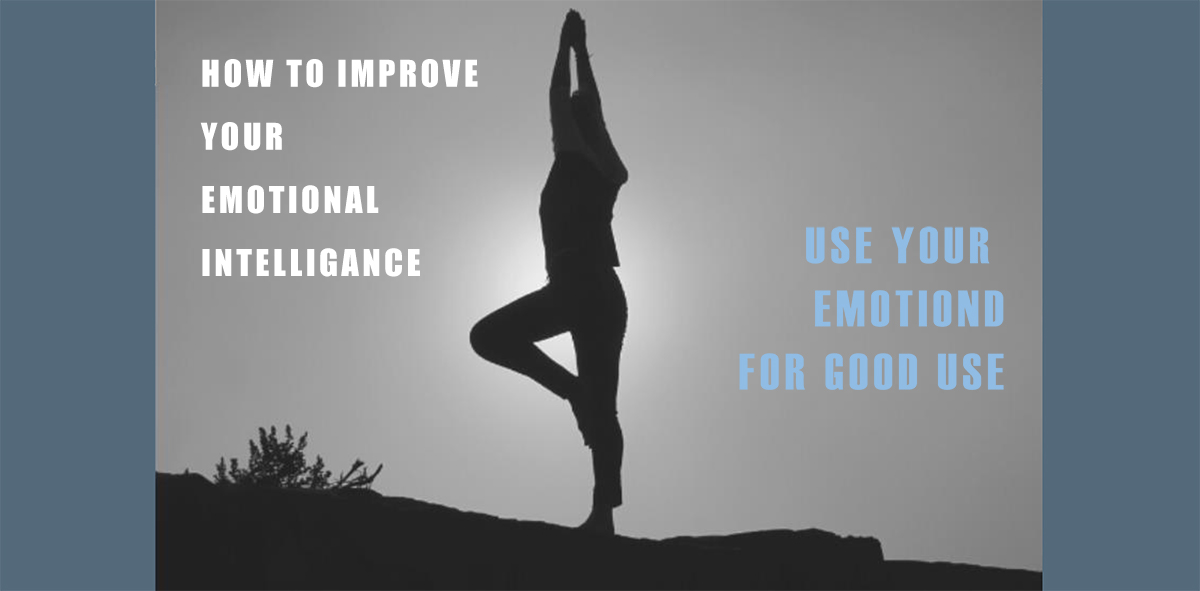Emotional intelligence
Emotional intelligence
We heard about emotional intelligence in the media and how it is a leading quality in many leaders and influential individuals around us, but what is EI (Emotional Intelligence)? Emotional intelligence is simply defined as ‘the capacity to be aware of, control, and express one’s emotions, and to handle interpersonal relationships judiciously and empathetically.’ This means that an individual with high EI would have high control over their emotions and thus would not allow them to blind their rational thinking; This exact quality allows leading business CEO and leaders to adopt better decision making and thus become more successful. However, it is important to understand that Emotional intelligence isn’t only beneficial for decisions in the workplace, but also in everyday life, where a higher EI helps to build a fruitful relationship, communicate better in groups and become socially comfortable, playing a pivotal role in an individual’s overall development and growth.
Daniel Goleman’s book ‘Emotional Intelligence: why does it matter more than IQ’ outlines the importance of EI and how it can help us cope better with our daily life and in tough times, which can be analyzed by the way you coped with the pandemic. Was it a time when you felt anxious or stressed? How did your emotion impact your mental and physical health? With high EI, we can control our emotions, rather than suppressing them, to the point that we don’t let emotions cloud our judgment during decision making and daily life-vital to adopt discipline.
Components of Emotional Intelligence
Emotional intelligence is commonly defined by 4 attributes:
· Self-management – You’re able to control your anger and impulsiveness, manage your emotions in healthy ways, take initiative to follow your commitments, and adapt to changing circumstances.
· Self-awareness – You recognize your own emotions and how they affect your thoughts and behavior. You know your strengths and weaknesses and have self-confidence.
· Social awareness – you have empathy and can recognize other people’s feelings, which allows you to be a positive leader in groups and thus feel socially comfortable
· Relationship management – You know how to develop and maintain good relationships, communicate clearly so you can manage conflict well.
Improving Emotional Intelligence
To improve your emotional Intelligence, you need to improve your skills on these 4 components.
· Self-management: recognize your emotions, especially in a stressful situation which can help build management strategies to improve your control over them. This can allow you to make rational decisions and avoid impulsive thinking. To achieve this, try to self-talk in any situation, as it gives an insight into your current emotional well-being and permits you to thus recognize your emotions.
· Self-awareness: recognize your strengths and weaknesses by receiving constructive feedback on your behavior by other people. You can also keep a journal to note down any triggers that lead to negative emotions and focus some of your time to improve on these triggers. This will allow you to be able to respond better in stressful situation, thus creating higher awareness of your behavior.
· Social awareness: recognize nonverbal cues that those around you provide, which lets you know how others are really feeling, how their emotional state is changing from moment to moment, and what’s truly important to them. In a group setting, these cues allow you to understand the power dynamics and shared emotional experiences of the group, thus making you socially comfortable and empathetic. You need to be present in a situation to be able to get these cues, which means that you shouldn’t be multi-tasking and should be placing your focus on your surroundings.
· Relationship management: Become aware of how effectively you use your own nonverbal communication and what cues you send to others, because in the way they allow you to read your surroundings, they can allow others to perceive your emotions. Use humor to reduce your stress and make you feel less socially awkward to sharpen your mind and make better decisions, while using conflict as an opportunity to grow closer to other people; You do this by resolving conflict in healthy and constructive ways, which can strengthen trust between people. When conflict isn’t perceived as threatening or punishing, it creates freedom, creativity, and safety in relationships.

